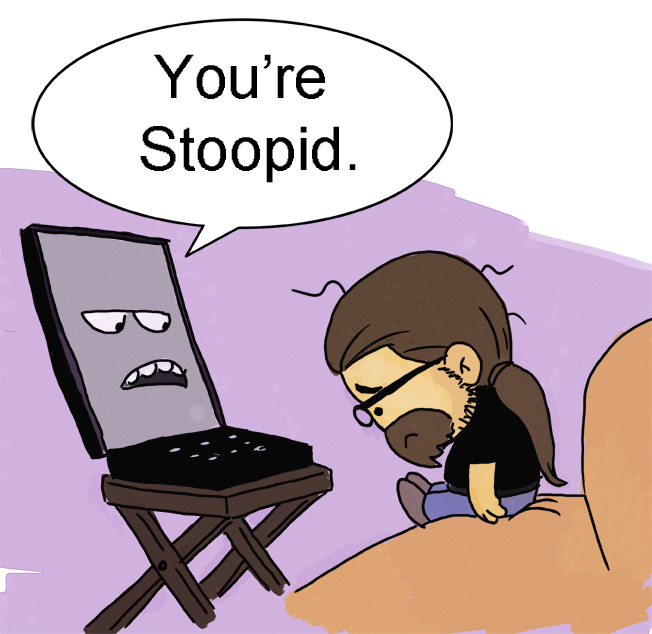 Reading the three web pages that Sarah suggested us (1, 2, 3) I realized that the criteria with which I decide which webpages are useful to my research are not strict enough!
Reading the three web pages that Sarah suggested us (1, 2, 3) I realized that the criteria with which I decide which webpages are useful to my research are not strict enough!The very first thing I value is the lay out, how easy to read and to "handle" it is. That's basically because I don't like to waste my time, and because even though I'm quite skilled at Internet, I'm not exactly an expert, thus I need pages easy to navigate through. But perhaps this is not the only thing to consider...
The other thing I realized is that in the last five years I did very few researches in a library, and many on the Web, without thinking that it is quite different! When you pick up a dictionary, an encyclopedia, or anything similar from a shelf, you're automatically sure that what you're reading is reliable, and you don't need more proofs! But when you open a webpage looking for information, you should ask yourself who's providing you it. And you should also decide what kind of information you need, if you need facts and find opinions... well, it could be a problem when you then go and write what you found out...
Reliability of your sources is a serious matter when you're writing your thesis, or even anything you want to publish on the Web, stating something you don't know where it comes from could create more problems than what you imagine...
What I found interesting in the pages I read about it is that when I have to search some information for a paper or an essay the only place I look in is the Web, and I never ask myself "Where would be a likely place to look?". The other think I never pay attention to is the updating of information, I'd never take anything from an encyclopedia printed in 1990, or at least I'd take it reminding that the information is not particularly updated (which could be of no importance for some matters, or of great importance for others...), but when I open a webpage I never go and see ths kind of think!
There are several things we don't consider properly when we're using the Web, different tools need different reguards...



